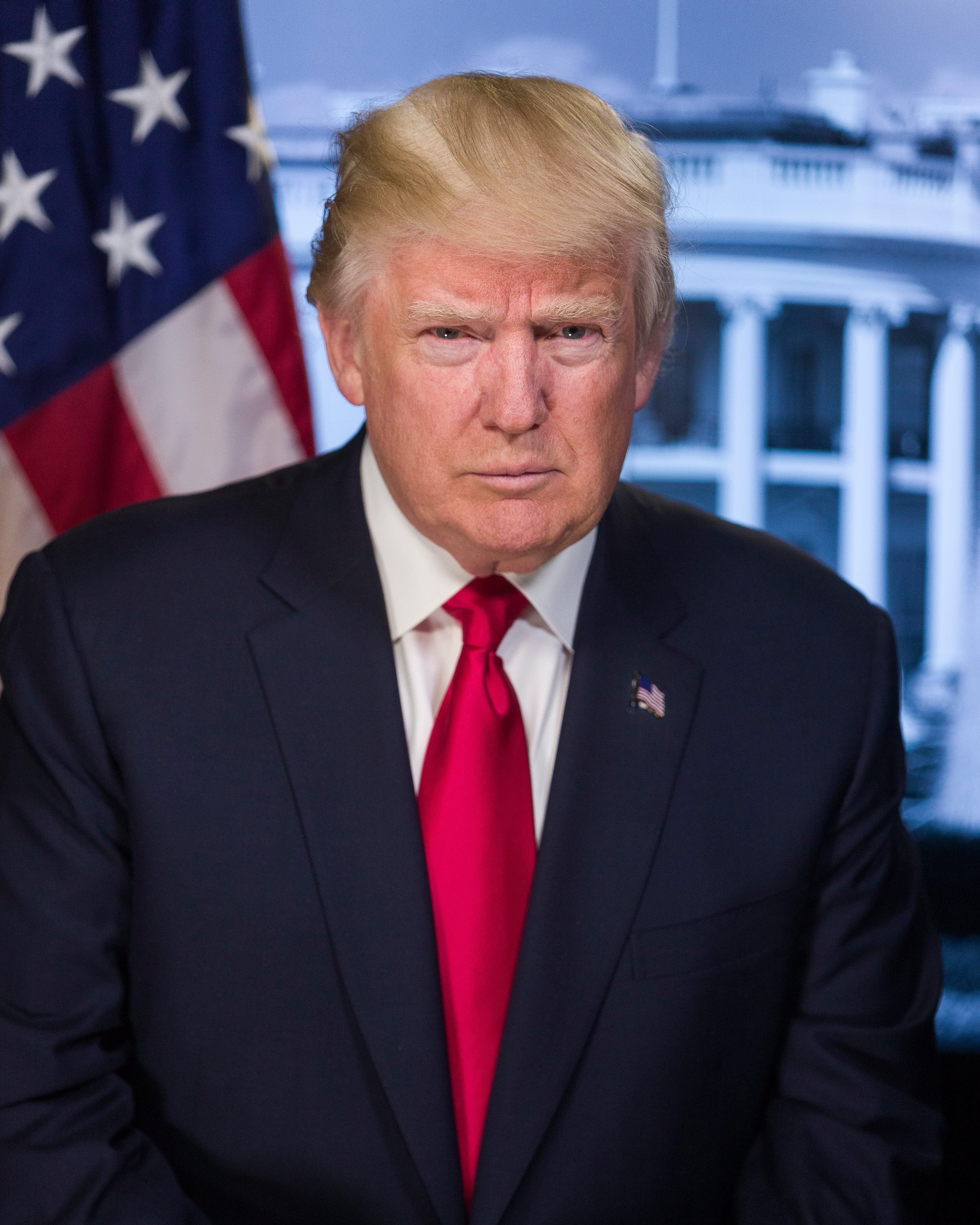
403
Sorry!!
Error! We're sorry, but the page you were looking for doesn't exist.
U.S. President-elect Donald Trump prepares to take office
(MENAFN) As U.S. President-elect Donald Trump prepares to take office on January 20, reports from Tel Aviv suggest that his team, in coordination with Israeli officials, has developed several plans, including one aimed at overthrowing the Iranian regime. The Israeli right-wing newspaper *Israel Hayom* noted the strengthening ties between the U.S. and Israel, pointing to Trump's appointments as evidence of this alignment. In response, Tehran has adjusted its strategy, calling off its planned "Sincere Promise 3" operation, which was intended to target Israel following an Israeli strike on October 26.
At the same time, Iran’s leadership is engaged in a careful internal debate over how to approach the new U.S. administration. Some are advocating for the possibility of negotiating a new nuclear agreement with Trump, while others argue for maintaining a tough stance to advance their nuclear ambitions.
Economically, Iran is facing significant challenges, including high inflation and a sharp drop in the value of its currency. President Massoud Bizshkian's administration is struggling to contain public discontent, exacerbated by steep increases in the cost of living. The government has executed over 440 people, nearly twice as many as during Ebrahim Raisi's presidency. With plans for further austerity measures, including cuts to welfare programs and a planned hike in fuel prices, Iran fears the return of widespread protests similar to those in 2019, which saw over 1,500 people killed.
In response to growing internal and external pressure, Iran is working to strengthen its diplomatic and defense ties. Media sources in Israel report that Iran has engaged in talks with the U.S. through Iraq, establishing preliminary agreements that include a commitment not to threaten U.S.-backed Shiite militias in Iraq and to refrain from attacks on American and Israeli targets. In exchange, Iraq has agreed to disarm Kurdish rebel forces operating against Iran.
Tehran remains uncertain about Trump’s approach. Will he seek a new "fair deal," as he suggested in 2019, or will he pursue the more aggressive policies advocated by former Secretary of State Mike Pompeo, which included halting uranium enrichment and ending support for groups like Hezbollah and Hamas?
Despite ongoing Israeli efforts to target Iran’s nuclear infrastructure, analysts are skeptical that Israel can successfully destroy Iran’s underground nuclear sites without U.S. involvement. These issues have been discussed in recent communications between Israeli Prime Minister Netanyahu and Trump’s team, with concerns about potential Israeli military action against Iran's nuclear facilities.
At the same time, Iran’s leadership is engaged in a careful internal debate over how to approach the new U.S. administration. Some are advocating for the possibility of negotiating a new nuclear agreement with Trump, while others argue for maintaining a tough stance to advance their nuclear ambitions.
Economically, Iran is facing significant challenges, including high inflation and a sharp drop in the value of its currency. President Massoud Bizshkian's administration is struggling to contain public discontent, exacerbated by steep increases in the cost of living. The government has executed over 440 people, nearly twice as many as during Ebrahim Raisi's presidency. With plans for further austerity measures, including cuts to welfare programs and a planned hike in fuel prices, Iran fears the return of widespread protests similar to those in 2019, which saw over 1,500 people killed.
In response to growing internal and external pressure, Iran is working to strengthen its diplomatic and defense ties. Media sources in Israel report that Iran has engaged in talks with the U.S. through Iraq, establishing preliminary agreements that include a commitment not to threaten U.S.-backed Shiite militias in Iraq and to refrain from attacks on American and Israeli targets. In exchange, Iraq has agreed to disarm Kurdish rebel forces operating against Iran.
Tehran remains uncertain about Trump’s approach. Will he seek a new "fair deal," as he suggested in 2019, or will he pursue the more aggressive policies advocated by former Secretary of State Mike Pompeo, which included halting uranium enrichment and ending support for groups like Hezbollah and Hamas?
Despite ongoing Israeli efforts to target Iran’s nuclear infrastructure, analysts are skeptical that Israel can successfully destroy Iran’s underground nuclear sites without U.S. involvement. These issues have been discussed in recent communications between Israeli Prime Minister Netanyahu and Trump’s team, with concerns about potential Israeli military action against Iran's nuclear facilities.

Legal Disclaimer:
MENAFN provides the
information “as is” without warranty of any kind. We do not accept
any responsibility or liability for the accuracy, content, images,
videos, licenses, completeness, legality, or reliability of the information
contained in this article. If you have any complaints or copyright
issues related to this article, kindly contact the provider above.


















Comments
No comment